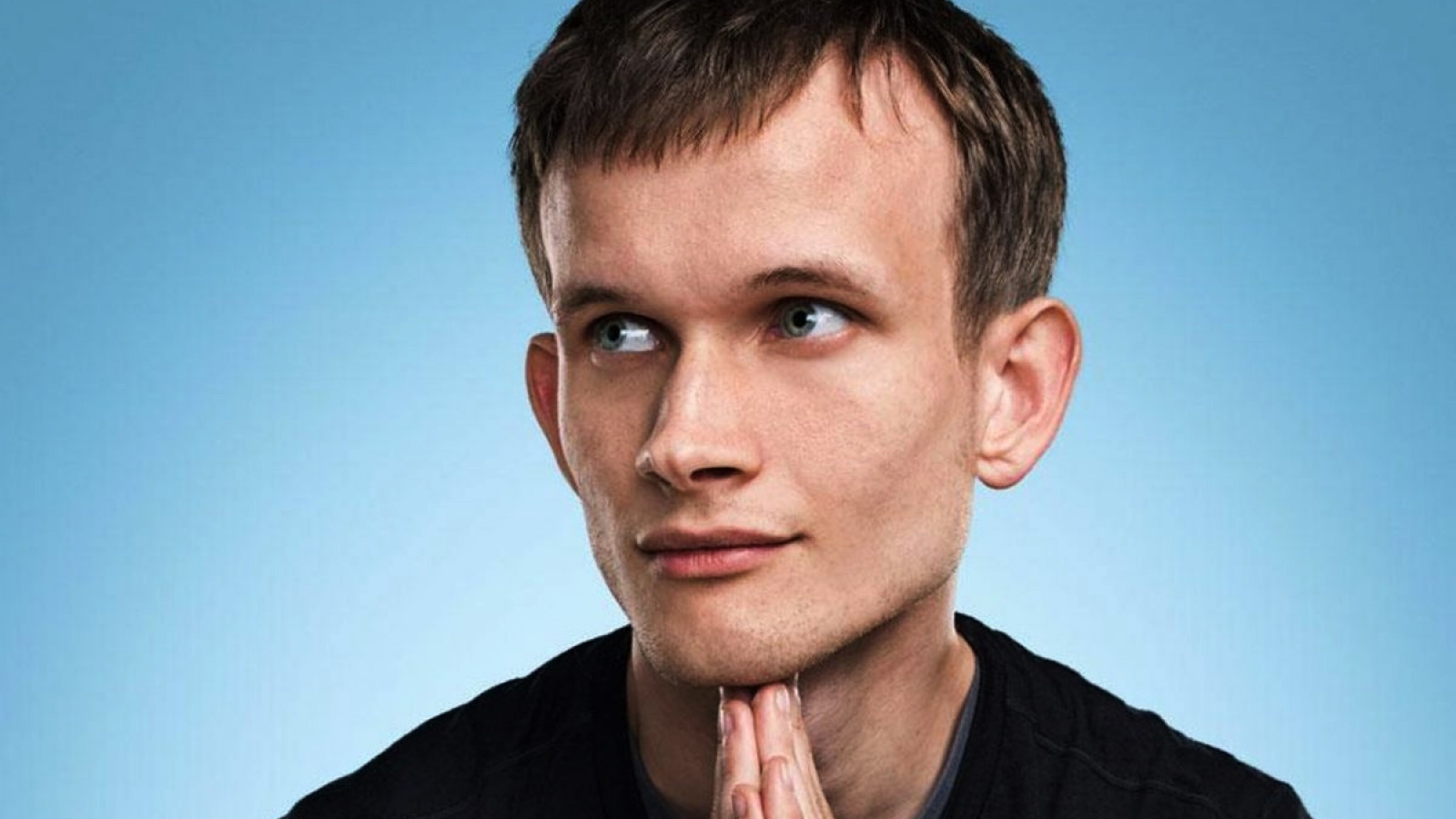Vitalik Buterin’s Stark Warning on Crypto Investments
17.07.2024 7:30 1 min. read Alexander Stefanov
Vitalik Buterin recently voiced concerns about excessive investment practices, particularly in infrastructure that may not necessarily require such funding.
His critique suggests that many investors are drawn to high-risk, high-reward opportunities akin to a casino, often justifying their investments by funding infrastructure indirectly linked to speculative ventures.
While there may be validity in Buterin’s observations within certain market segments, it’s essential to consider the broader implications of his viewpoint. Infrastructure investments, even those initially tied to speculative markets like blockchain, frequently lead to significant technological advancements and innovations.
These developments extend beyond their original speculative purposes, benefiting sectors such as supply chain logistics, public governance, and decentralized finance.
Moreover, speculative investments often inject substantial capital into the market, fueling new ventures and startups that drive innovation forward. Restricting high-risk investments entirely could stifle the boldness and creativity necessary for sector growth. However, Buterin’s concerns are not baseless; instances of speculative bubbles in the cryptocurrency market have led to severe consequences, eroding investor confidence and causing significant losses.
To maintain a healthy ecosystem, it is crucial for investments to be made thoughtfully and sustainably, balancing risk with innovation to foster long-term growth and stability.
-
1
UK Regulators Unveil PISCES – A New Era for Private Share Trading
11.06.2025 15:00 2 min. read -
2
Polygon Breaks from Decentralization as Sandeep Nailwal Assumes Full Control
11.06.2025 20:00 2 min. read -
3
KuCoin Plants Its Flag in Bangkok With a Licensed Thai Exchange
14.06.2025 13:00 1 min. read -
4
Nvidia CEO Urges UK to Invest in AI Infrastructure or Risk Falling Behind
10.06.2025 9:00 1 min. read -
5
Why Gold Could Be the Smart Play Amidst US Debt Surge
11.06.2025 11:00 1 min. read
What Brian Armstrong’s New Stats Reveal About Institutional Crypto Growth
Coinbase CEO Brian Armstrong has spotlighted a significant acceleration in institutional crypto adoption, driven largely by the surging popularity of exchange-traded funds and increased use of Coinbase Prime among major corporations.
What Will Happen With the Stock Market if Trump Reshapes the Fed?
Jefferies chief market strategist David Zervos believes an upcoming power shift at the Federal Reserve could benefit U.S. equity markets.
U.S. Bank Advises Clients to Drop These Cryptocurrencies
Anchorage Digital, a federally chartered crypto custody bank, is urging its institutional clients to move away from major stablecoins like USDC, Agora USD (AUSD), and Usual USD (USD0), recommending instead a shift to the Global Dollar (USDG) — a stablecoin issued by Paxos and backed by a consortium that includes Anchorage itself.
Vitalik Buterin Warns Digital ID Projects Could End Pseudonymity
Ethereum co-founder Vitalik Buterin has voiced concerns over the rise of zero-knowledge (ZK) digital identity projects, specifically warning that systems like World — formerly Worldcoin and backed by OpenAI’s Sam Altman — could undermine pseudonymity in the digital world.
-
1
UK Regulators Unveil PISCES – A New Era for Private Share Trading
11.06.2025 15:00 2 min. read -
2
Polygon Breaks from Decentralization as Sandeep Nailwal Assumes Full Control
11.06.2025 20:00 2 min. read -
3
KuCoin Plants Its Flag in Bangkok With a Licensed Thai Exchange
14.06.2025 13:00 1 min. read -
4
Nvidia CEO Urges UK to Invest in AI Infrastructure or Risk Falling Behind
10.06.2025 9:00 1 min. read -
5
Why Gold Could Be the Smart Play Amidst US Debt Surge
11.06.2025 11:00 1 min. read


